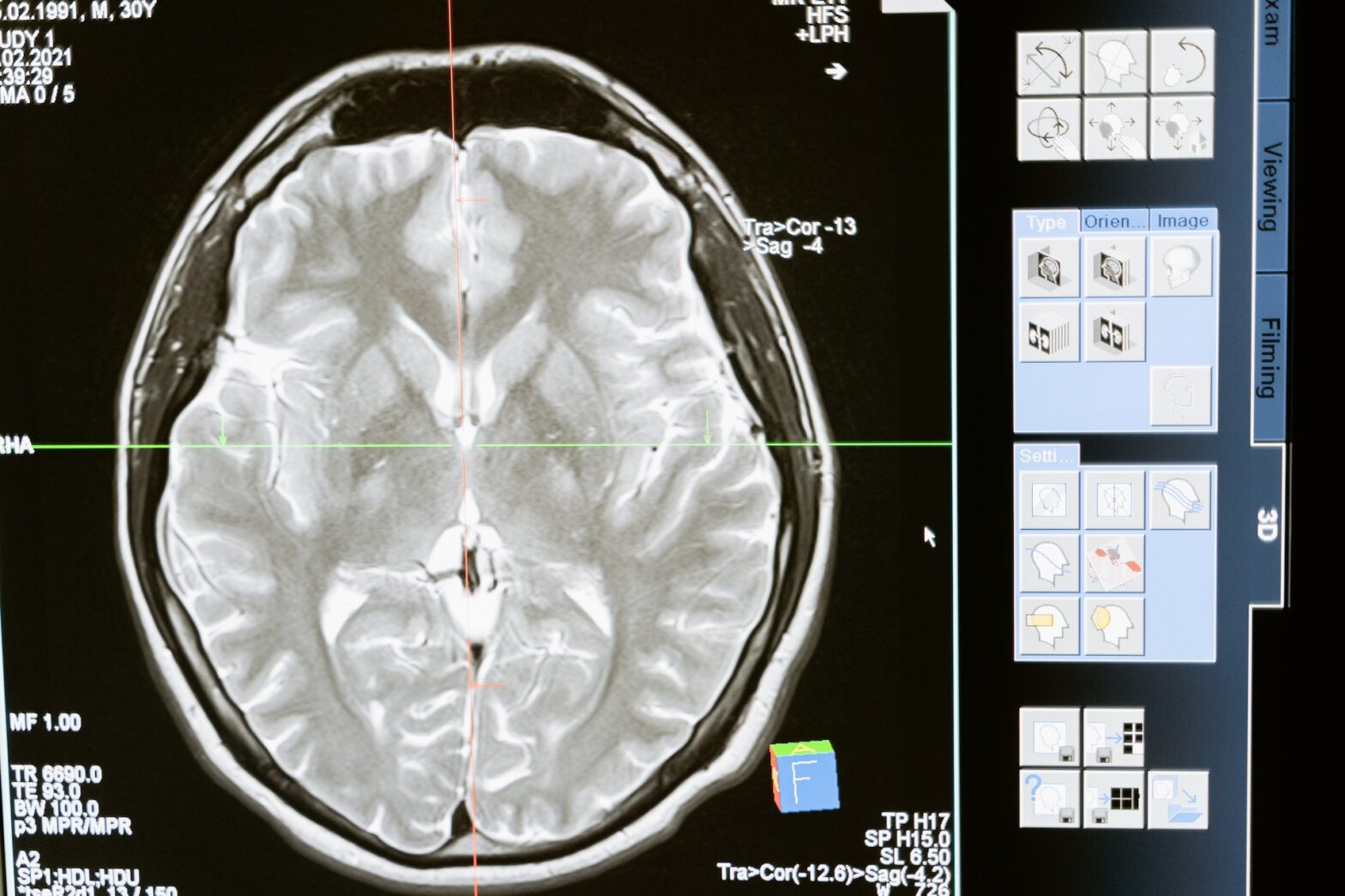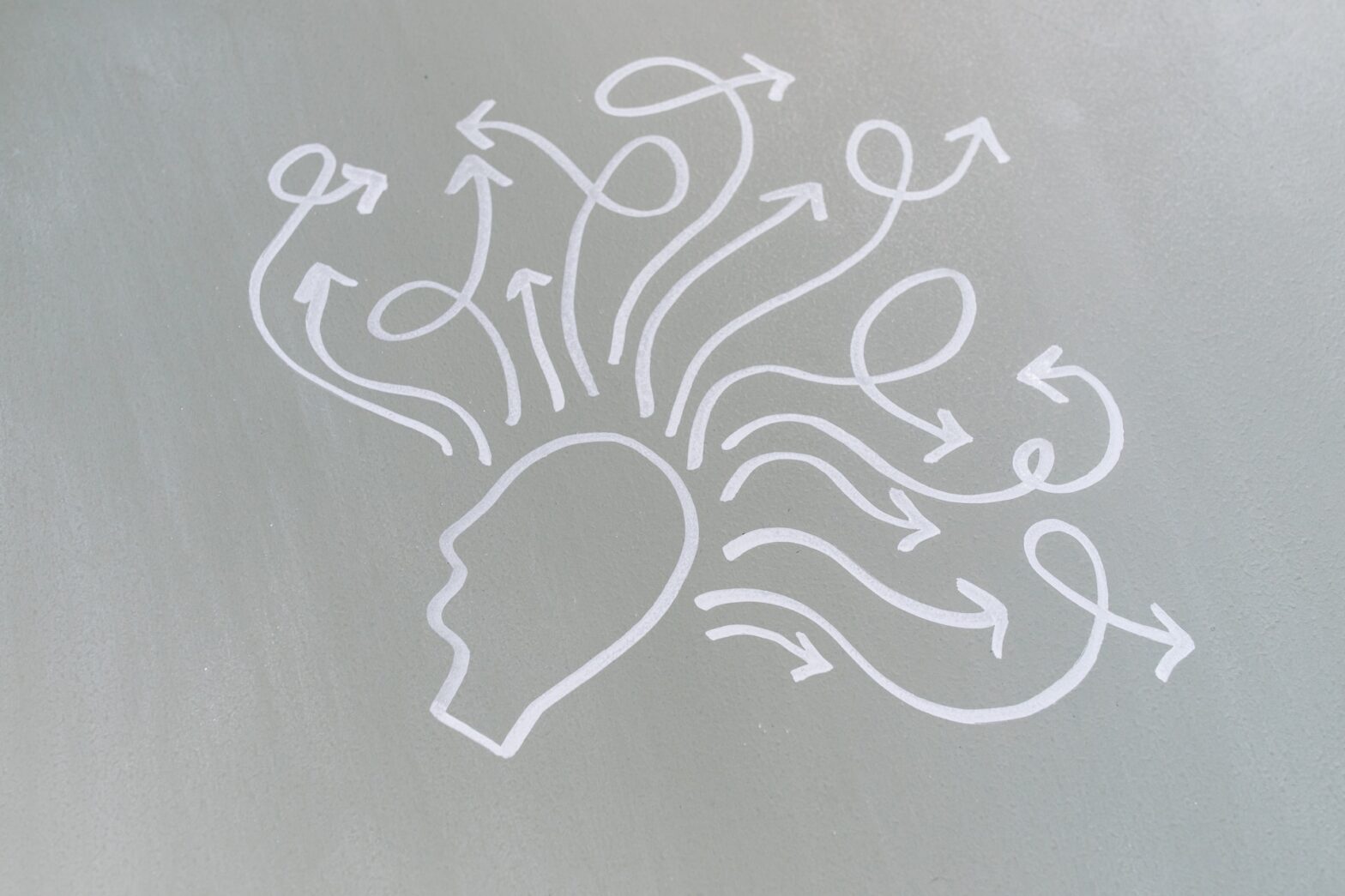We’re taking a journey into the nooks and crannies of our brain’s incredible ability to concentrate and focus. You know those moments when you’re in the zone (or in the Focus Fortress, as we call it here at Focus 101), tackling tasks with laser-sharp attention while the world fades away? Well, buckle up because we’re about to unravel the science behind those magical moments. From the brain’s very own conductor to the secret agents filtering out distractions, let’s dive into the friendly universe of how our brain does its awesome focus dance!
In the modern world bustling with distractions and demands, the ability to concentrate and maintain focus has become a coveted skill. The brain, a complex and intricate organ, plays a central role in our capacity to focus on tasks and shut out external interferences.
At the heart of our focus lies a network of brain regions, And guess who’s the coolest DJ? The prefrontal cortex is jamming away as the conductor of our brain’s super symphony. This cortex, often called the brain’s big boss, takes charge of fancy stuff like paying attention, making decisions, and setting goals. When we engage in a task that requires focus, the prefrontal cortex steps up; it’s like a ninja of attention, pointing out the important stuff and prioritizing the relevant information while filtering out distractions.
Mr brain employs a process known as selective attention to navigate the sea of sensory information bombarding us, like a superhero skill that helps us zoom in on what really counts. This cognitive function allows us to hone in on a specific task or stimulus while disregarding irrelevant inputs like tuning into our favorite song in a noisy crowd. The parietal lobes, situated toward the back of the brain, play a crucial role in this process by capturing sensory cues. They’re like the brain’s scouts, catching all those sensory hints and passing them to the prefrontal cortex, which is the big thinker. This fancy process is like a super filter, making sure we’re all eyes on the prize. So, we’re not wasting brain juice on things that don’t matter, and that amps up our focus game; this way, we concentrate.
Neurotransmitters, which are these tiny messengers called neurotransmitters that help brain cells chat, also play a pivotal role in concentration. Here’s where it gets exciting, dopamine, often hailed as the brain’s reward neurotransmitter, steps up when we’re all in on a task and hitting those goals. It’s like a cheerleader doing cartwheels in our brain, and when we’re feeling that “I did it!” vibe, bam, dopamine gets released. It’s like a fist bump to our brain’s attention and focus buttons. This phenomenon creates a positive feedback loop, motivating us to maintain our attention and replicate the experience of success. Like a happiness boomerang, the more we focus and rock our goals, the more dopamine comes out to play. It’s like a motivational party that keeps us hooked on being awesome!
Now, let’s dive into the brain’s dance party! The brain’s ability to concentrate is also deeply intertwined with the delicate balance between two key networks, like having two radio stations in your brain: the “chillin’ mode” one (DMN) and the “get stuff done” one (TPN). When we’re just lounging or letting our thoughts take a little adventure without a specific goal, the free-spirited artist of brain networks, A.K.A the DMN, lights up. However, when we shift our attention to a task, saying: “Hey brain, let’s focus!” the TPN swoops in. This superhero of the brain’s network supports our cognitive efforts, enhancing our focus and engagement. Effective concentration involves flipping channels to give each task the right brain-power
Interestingly, the brain’s plasticity—the remarkable capacity to adapt and rewire itself—also comes into play when we talk about focus. When we’re all about to focus and take on tasks like a boss, our brain does a little happy dance. It’s like building a stronger connection between brain cells that are besties with attention. Neuroplasticity allows the brain to change in response to experiences and activities physically. When we consistently engage in tasks that demand focus, the brain strengthens the neural pathways associated with attention. Over time, this makes focused attention a more natural and efficient process.
However, the brain’s penchant for focus isn’t an omnipotent trait; it’s like a showdown between two brain buddies—pleasure-seeking and goal-chasing. The villain, Mr. Procrastination, often takes center stage, loving quick wins, like when you choose a cookie now instead of a healthier snack later. It’s like our brain’s ancient wiring for “now-now-now” stuff. It taps into the brain’s preference for immediate rewards, leading us to opt for short-term gratification over long-term goals. Overcoming procrastination requires training your brain to resist those tempting cookies and hold out for the big rewards. It’s like a tug of war where the prefrontal cortex flexes its muscles against the charms of the present. So, while procrastination tries to steal the spotlight, our brain’s superhero is ready to put up a fight!
In the realm of cognitive science, mindfulness emerges as a powerful tool for supercharging your focus game. It’s like a secret weapon. This practice involves cultivating awareness of the present moment without judgment. Brain imaging studies have revealed that mindfulness meditation triggers changes in the brain’s structure and function. Those brain parts in charge of staying on task? They become best buddies with each other, like super-connectors. That means you get a focus boost that sticks around. So, by practicing mindfulness, you’re basically giving your brain Jedi training to stay focused despite all those modern distractions. May the focus be with you!
The orchestration of concentration and focus by the brain is a symphony of cognitive processes, networks, and neurotransmitters. In this orchestra of brain power, the prefrontal cortex is the rockstar conductor, shining the spotlight on what matters. Selective attention kicks in, tossing out the noise like a DJ playing only the best beats. Then the kicker: dopamine, the brain’s party guest, shows up when we score those focus wins. And the default mode network and the task-positive network step up for a dance-off. They’re like those buddies who know when to party and when to chill. Meanwhile, our brain’s got some remodeling skills too! Neuroplasticity molds our brain to become more adept at concentration, and mindfulness meditation emerges as a transformative practice to hone our focus—the brain’s zen coach. In our world of info overload, knowing how our brain nails focus equips us with the knowledge to harness our cognitive potential, amplifying our productivity and enabling us to navigate the complex demands of our modern world.

